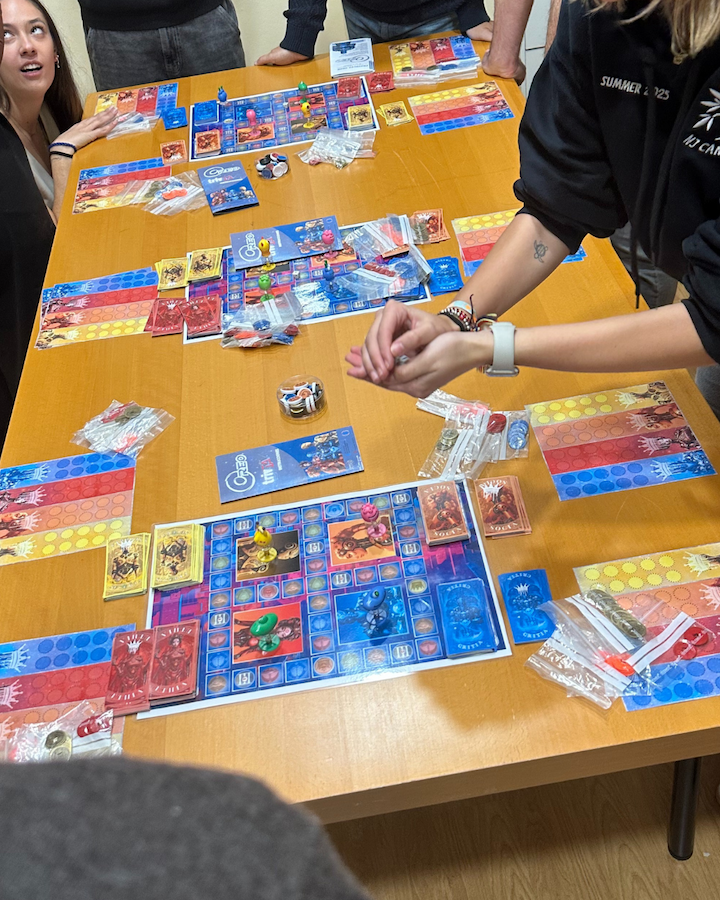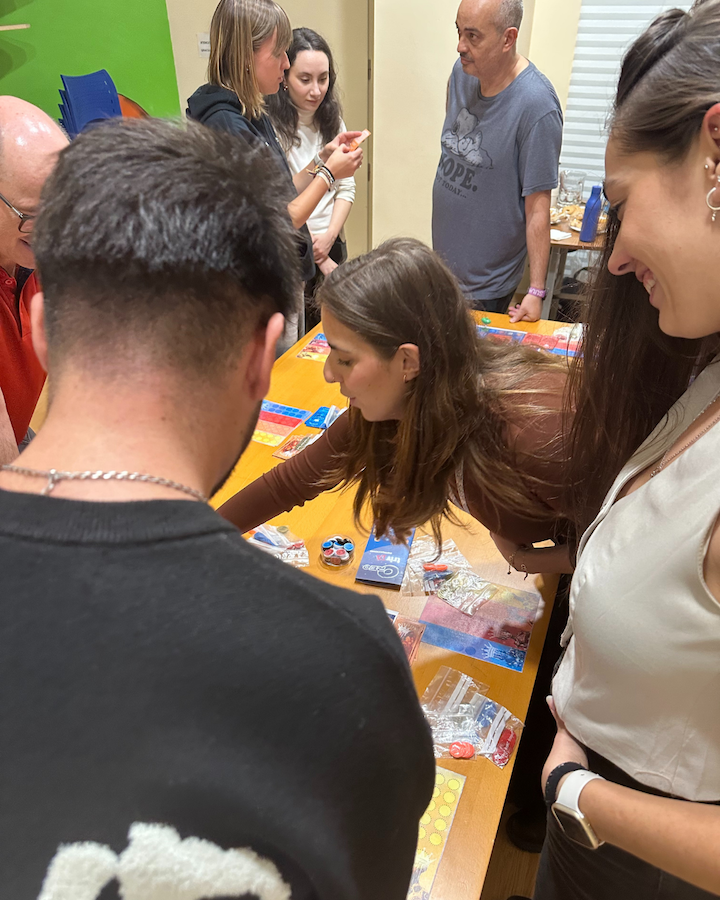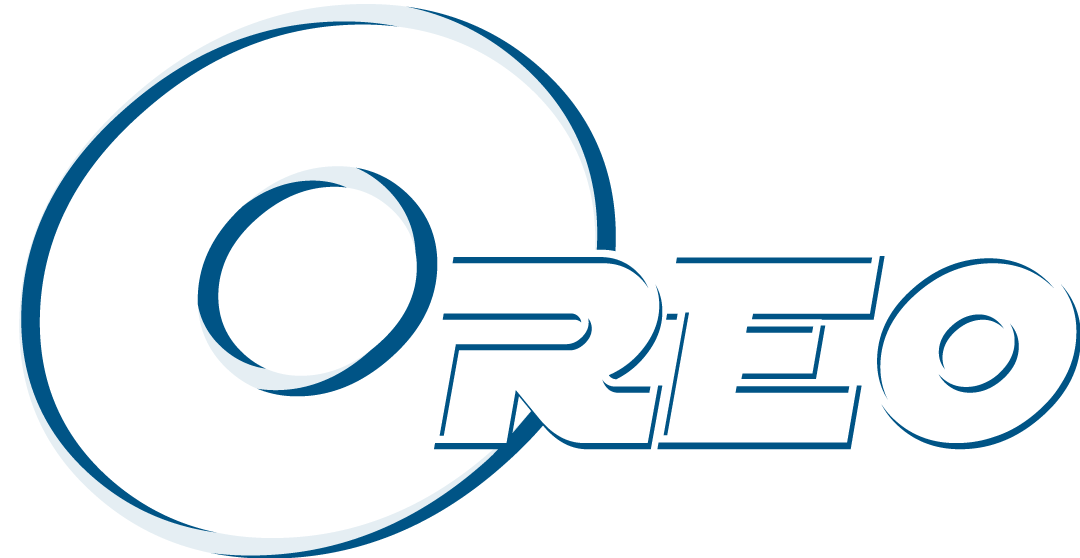On November 14th, Fundación Siglo22 hosted the Multiplier Event of the Erasmus+ OREO Project at Espacio Theman (Madrid), bringing together educators, school leaders, researchers, and professionals interested in the ethical and critical use of Artificial Intelligence (AI) in education. The event combined presentations, interactive activities, and hands-on experiences that allowed participants to discover and test the project’s main outputs: the OREO MOOC, the TriviA board game, and a collection of pedagogical resources focused on AI literacy.
The session began with a general overview of the OREO Project, its objectives, and its commitment to promoting responsible AI use in higher education. Participants were introduced to the importance of developing critical thinking skills in relation to chatbots and generative AI understanding not only how these tools work, but also their limitations, risks, and ethical implications.
One of the highlights was the interactive game designed to uncover participants’ prior knowledge about AI and chatbots. This activity created an engaging and dynamic environment that encouraged reflection and discussion from the very beginning.
Immediately after, attendees explored the project’s main results, including the MOOC and its modules, and the TriviA board game, designed to help learners understand AI concepts through a playful, collaborative, and accessible approach.
Participants then tested the TriviA game in small groups, experiencing first-hand how educational games can support critical digital literacy. Feedback was overwhelmingly positive, highlighting the game's ability to make complex concepts understandable through active participation. As one participant expressed: “The interactive game was the best way to learn without even noticing.”


Other comments emphasised the relevance of the topic, the importance of ethical perspectives in AI, and the value of tools that help educators introduce AI from a social and human centred angle.
The event concluded with a networking space where participants could exchange impressions, propose ideas, and reflect on how to integrate OREO’s resources into their own institutions. The session ended with the presentation of the OREO social media channels and an invitation to stay connected with the project’s developments.
The Multiplier Event achieved a full 100% feedback response rate, with exceptional satisfaction scores across all categories. Participants stated that they intend to use the MOOC, share the board game with colleagues, or incorporate the project’s materials into their teaching. This demonstrates a strong multiplier effect and confirms the relevance of the OREO Project in today’s educational landscape.
The experience also provided valuable lessons for future events, such as the importance of offering multiple difficulty levels in interactive games, allocating additional time for Q&A, and ensuring hands-on demonstrations of digital platforms like the MOOC.
The OREO Multiplier Event in Madrid showcased how innovative, interactive, and human-centred approaches can bring ethical AI closer to educators and learners. Through a combination of games, debates, and practical demonstrations, attendees left inspired to rethink the role of AI in education placing ethics, critical thinking, and social responsibility at the centre.

